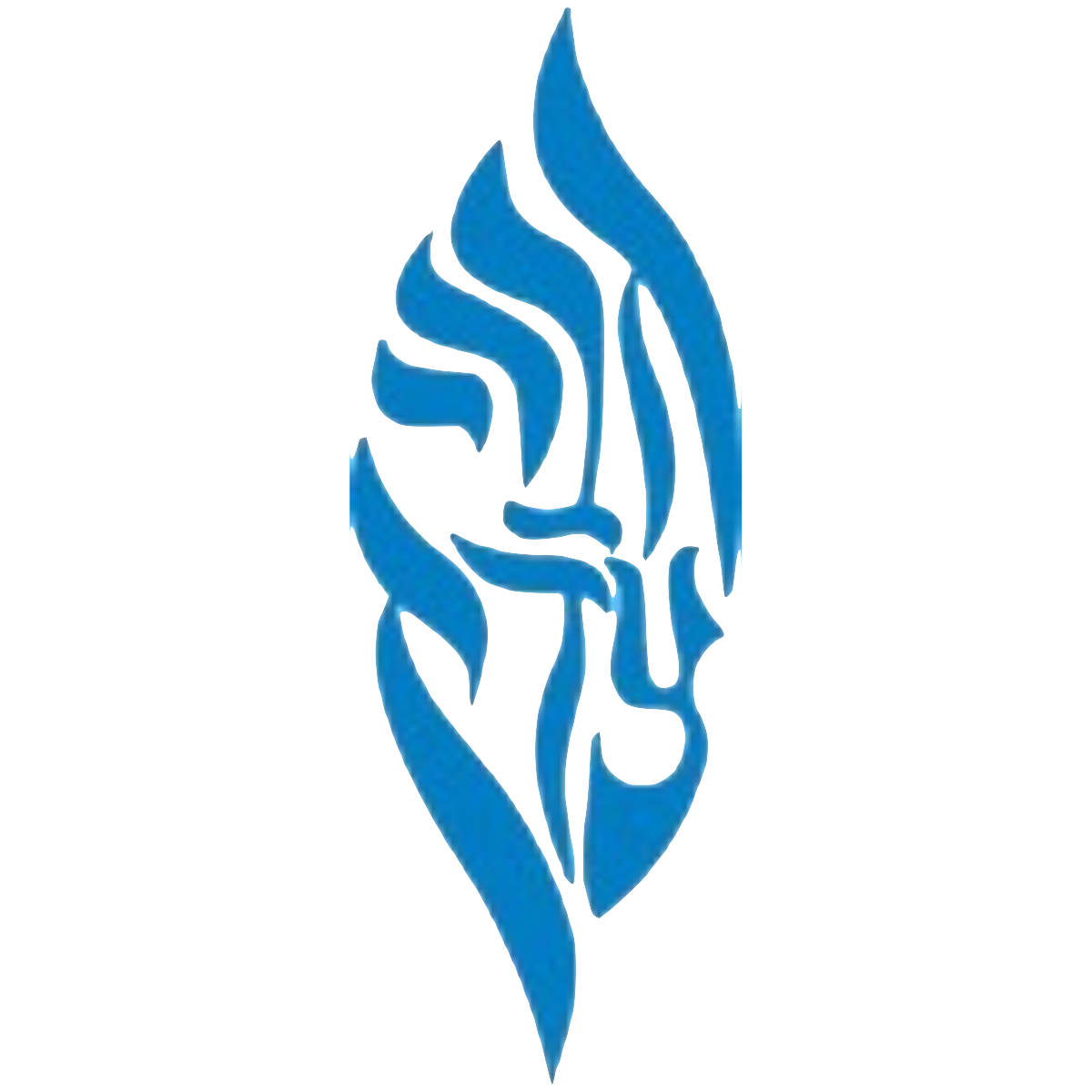As I walk around school of late, I see so many of my colleagues in real need of a break. I feel it too. And there are so many reasons for the weariness we’re feeling. The rush to finish grading and get report cards written. The excitement and shpilkes of the students as we near winter break. The exhaustion following a busy celebration of Ḥanukkah. And of course, it feels like it’s October 76th.
This is a time of year when many of us are anticipating and deeply needing some time off - not just those of us who follow the academic calendar. I’m hearing from people about going on vacations, visiting family and friends out of town, enjoying a little down time as the end of the year nears and we have a couple of days off from work.
In thinking about what I wanted to share with you this week, a phrase kept popping into my head: “the Torah of taking a break”. I wasn’t sure if it was a title for an article, a wish for an authentic Jewish connection to what’s been on my mind - or something else entirely. I wondered if someone else had already written on this idea - could I look to them for inspiration at a time when I’m feeling a little depleted?
I started scanning my bookshelf and came across my collection of commentaries and explorations of the Book of Psalms. At various points in my life, I have found the words of the Psalms to be a source of comfort and spiritual grounding. I have mined their verses for personal connection, sung them in community and on my own, landed on them as a mantra for meditation.
Psalms are woven throughout our prayers. They appear, in whole and in part, all over the siddur. There are psalms we say in times of trouble, in times of celebration, when seeking healing, when comforting mourners. Some people have a practice of reciting Psalms as part of their regular spiritual practice. Surely there is a psalm for this moment.
While I’m certain that there must be more than one psalm that can serve as “the Torah of taking a break,” I was immediately drawn to the final psalm in the book, Psalm 150. It’s a well-known psalm, recited in its entirety as part of the daily service. Focusing in on the final line helped me find two helpful messages, both of which I’d like now to share with you.
The psalm ends with the words: כֹּל הַנְּשָׁמָה תְּהַלֵּל יָ׳הּ הַלְלוּ־יָ׳הּ׃ Let every נְּשָׁמָה praise God. Hallelujah. Translating this line is a little bit difficult. The word נְּשָׁמָה (neshamah) has a number of meanings. Let every soul praise God. Let everything that breathes praise God. My favorite: Let every breath praise God.
This concluding line comes after the psalm describes a number of very active ways we can offer praise: with horns, cymbals, and other musical instruments; with dance and drumming. Each stanza begins with the same phrase: Praise God, הַלְלוּהוּ. But the concluding line is different. It uses different words and offers a different instruction. Let every breath praise God.
The first message I draw from this is that after all the music, the grandeur, the hard work comes breath, comes rest, comes a pause. We cannot only do. We must also stop, take a break, just breathe.
The second message captures the beauty of taking a break. After telling us of all the ways to offer through making joyful noise, the psalm tells us that breath, silence, stillness is also praise. The breaks we give ourselves are holy, just as everything we do in this world is also holy.
For those of us getting a break in these next few weeks, I wish us stillness and rejuvenation. I hope we all can take some time to breathe.
